The water rushed out all at once. Engulfing the people, towns and cities. Stripping away whole forests, roots deep underground. I watched from a world away the map tracing the path of explosive destruction.
As my husband and I prepared for our daughter, newly 11 that morning of June 6th, to run out of her bedroom — a stack of gifts from us, grandparents and relatives on the table — Kherson awoke to a thud, something different, more ominous than the bombs, the shelling to which by now all Ukrainians have grown accustomed. Our daughter reads books while she walks and draws elaborate pictures of tiered cakes in notebooks. She spends hours in the vegetable garden, eats mangoes like apples. We had chosen her name months before her birth; in the moments after the 12-hour labor, I told the nurses through elated tears that her name means both peace and world.
Hundreds of thousands would be without clean, safe water within hours. I knew that, just returning after months of occupation, Kherson residents would not want to evacuate their homes, abandon their lives, and turn to uncertainty once again. Yet the reports were clear — Russia’s deliberate and unthinkable destruction of the Nova Khakova dam was nothing short of humanitarian and ecological disaster. The media called it “eco-cide,” citing that water levels would keep rising and bring further tragedy.

I shut the computer to sing happy birthday. Being in two places at once, holding both joy and hope here in Ann Arbor, and suffering and grief in my home Ukraine, as I have held time and again since Russia attacked in February 2022.
Volunteers in Ukraine — everyday heroes that our organization Ukraine
TrustChain supports and cares for deeply — sprung into action, loading up trucks with bottled water, food, medicine, and heading to the Kherson region. By mid-day, we were receiving pictures, along with information that revealed the shaky catastrophe — brown waters through the streets, inching up the meter stick.
Our teams of volunteers arrived on boats, climbed roofs and searched for animals drowning in the streets. Evacuations began, by bus and motorboat, right there under heavy shelling. The waters became increasingly hazardous.
There were reports that flooding had wiped out large cemeteries, unexploded land mines, gas stations, debris, farm animals, furniture — all carried through the waters, creating a noxious whirlwind of danger and disease, on its way to the Black Sea.
That same evening, I watched our daughters play soccer – the last soccer practice, the last week of school of this first normal year at last. The joy and purity of childhood in that spring sun, popsicles and celebration, felt so real. The collision of realities, along with my own luck, felt too familiar. As a Jewish Ukrainian, persecutions and tragedies of the past had for decades been woven into my family’s daily consciousness.
As the crisis unfolded, volunteers relayed experiences from the ground; in the videos and audio messages, Kherson residents asked for powdered disinfectant. When the waters began to recede, what was deceased and floating in the water rotted, spreading bacteria and threatening the lives of survivors.
People also needed generators and powerbanks; electricity had been cut off from most buildings in an attempt to avoid fires, and many were stranded in their apartment buildings without access to communication. Confronted with an incredible volume of need, our volunteers delivered. Straddling wooden pallets hoisted atop the waters, they used a pulley system to lift up aid. Homes — once adorned with waxed parquet, chandeliers and transparent lace curtains — had become mud pits. In spite of the knee-deep water in the kitchen, residents of one home lifted their coffee table onto upside down buckets.
Sharing birthday cake outside with close friends well past bedtime, I thought about perseverance. About the way that children grow up. The way that we build and rebuild life, somehow all anew, place after place, just when we had thought it was safe to settle down. This way that, despite the odds, community forms out of hardship, and gallons of water offer an extension of love — and hope is someone showing up for you. The way that a coffee table stands on buckets amid ruins – how even in the middle of great loss, we continue to find something possible.
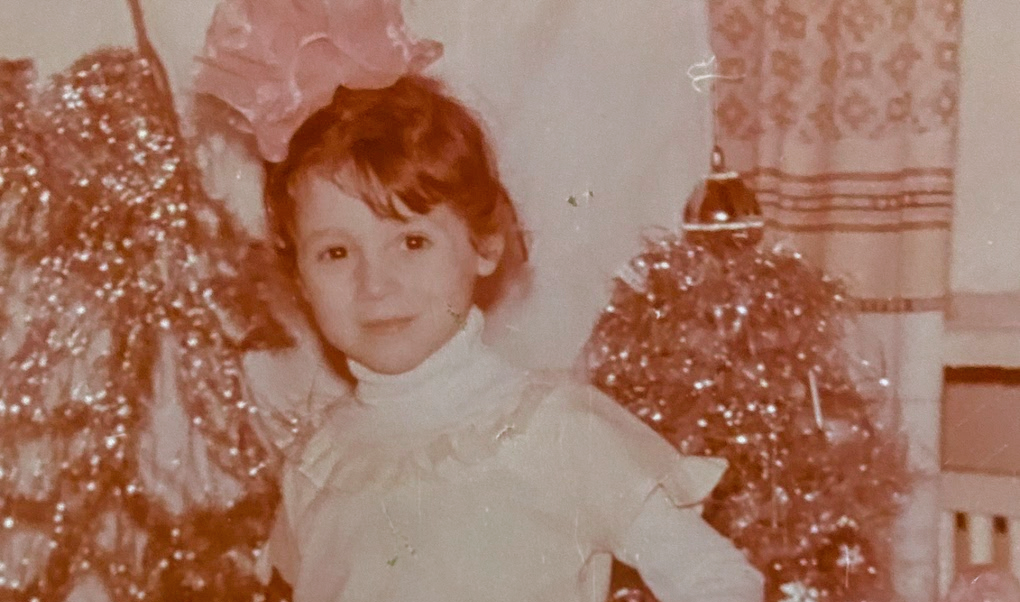
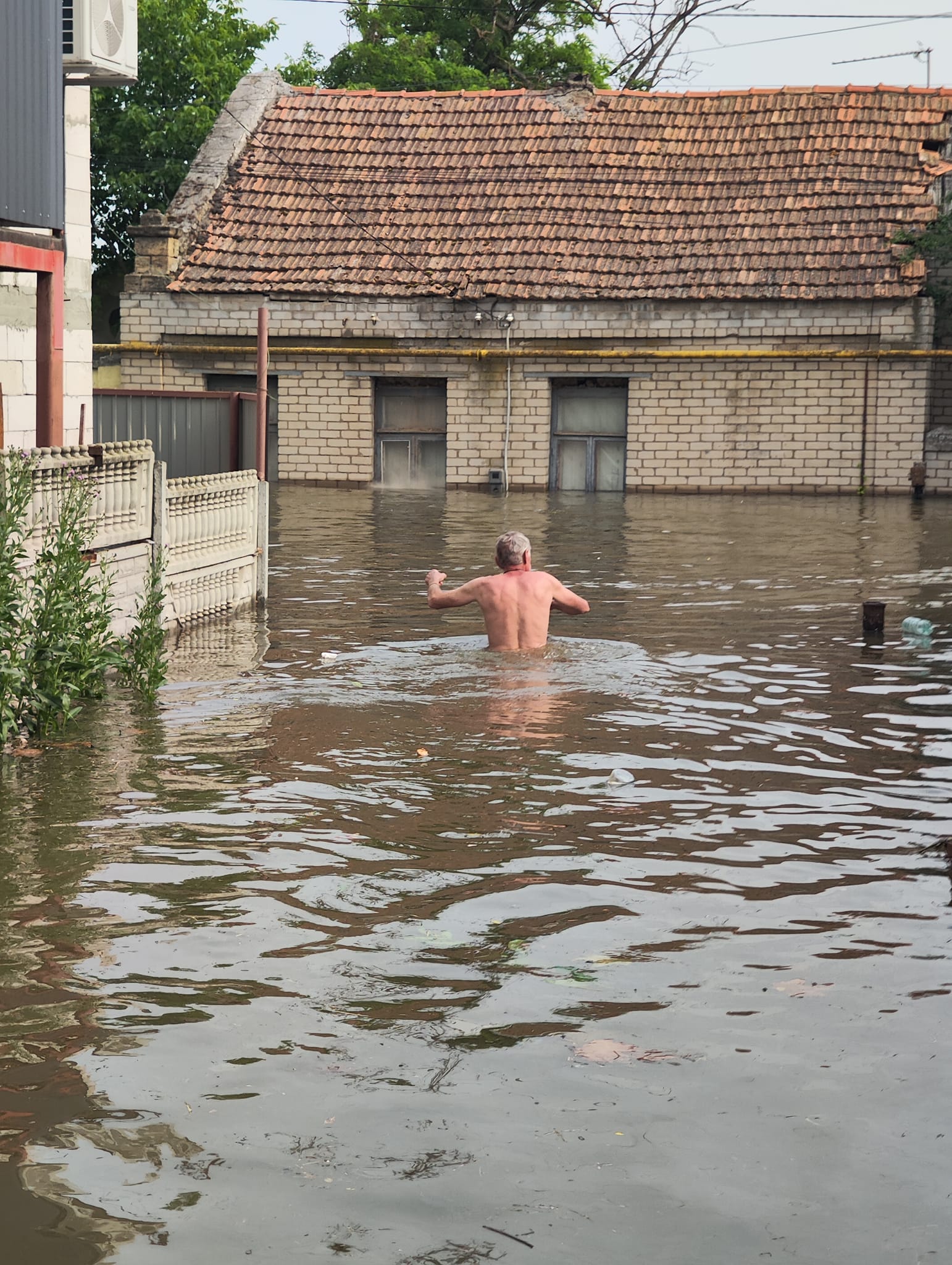
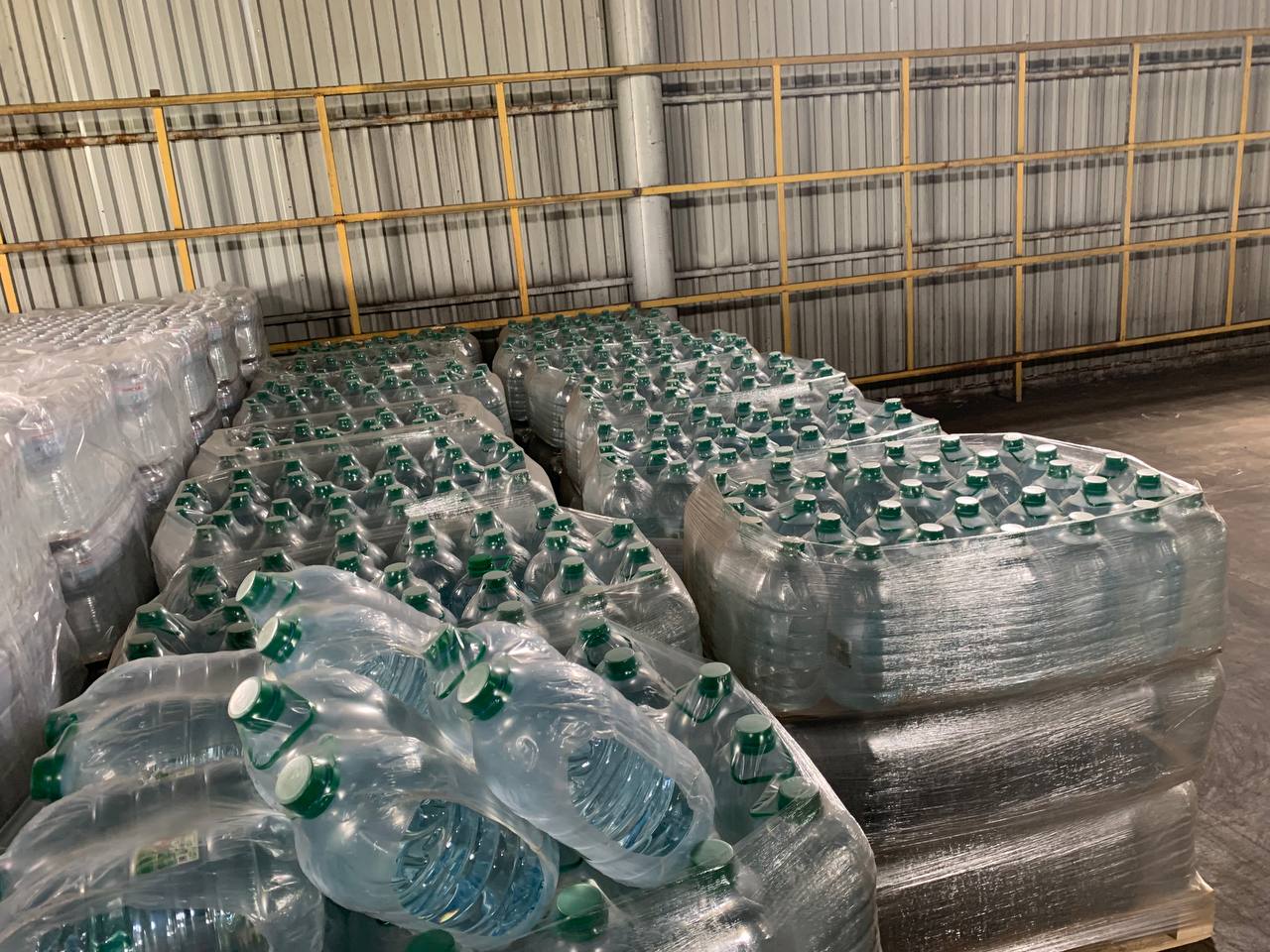
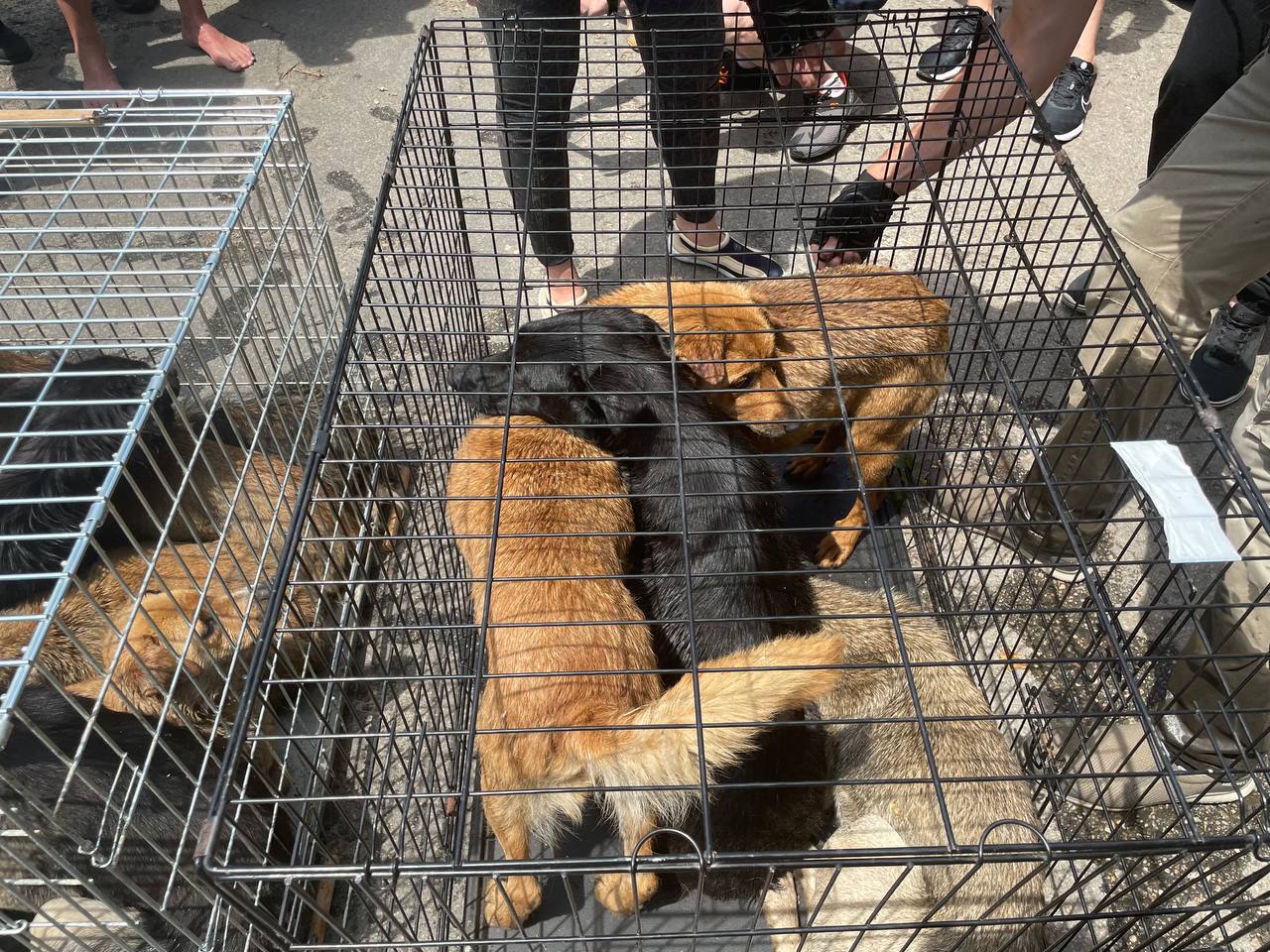
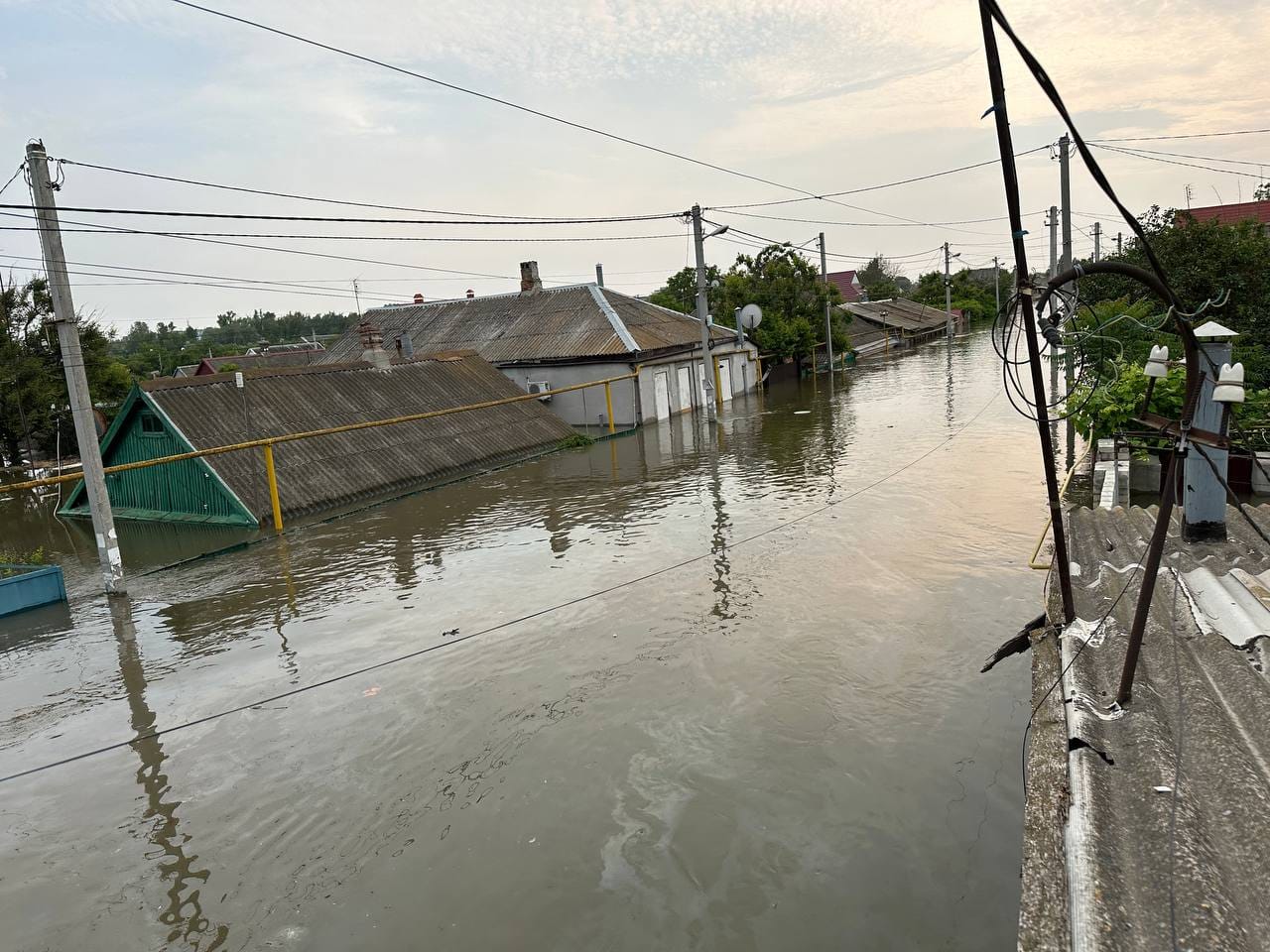


Comments
Sign in or become a Nu?Detroit member to join the conversation.
Just enter your email below to get a log in link.